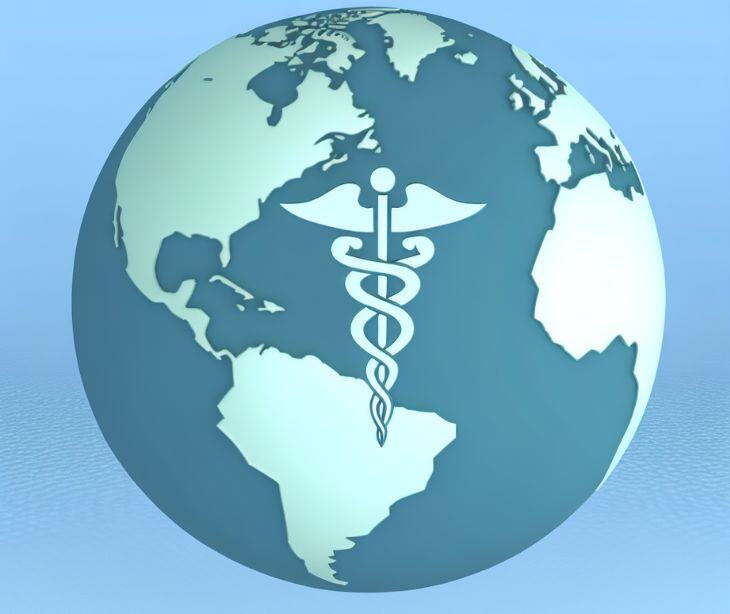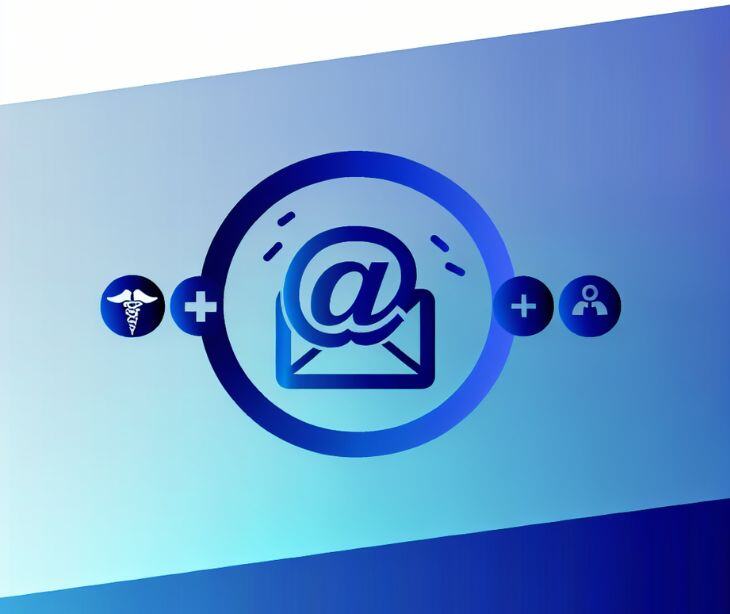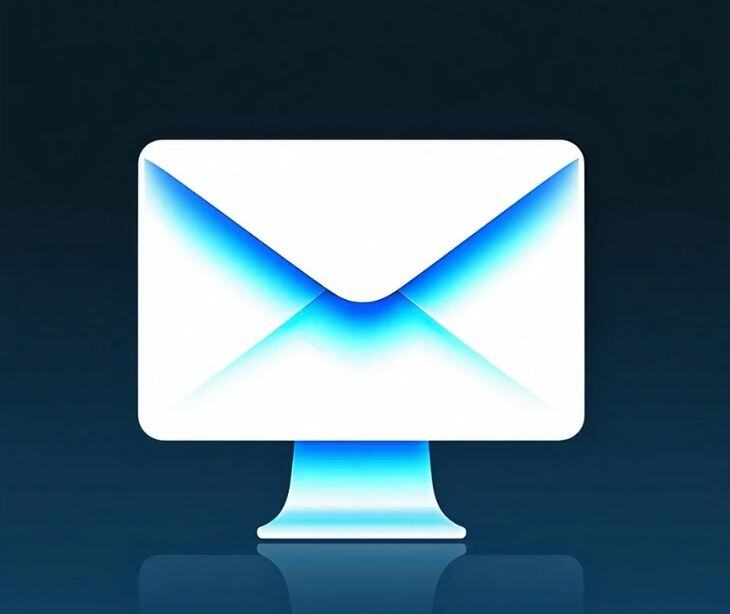2 min read
Addressing global health challenges with HIPAA compliant emails
Caitlin Anthoney May 30, 2024

HIPAA compliant emails allow providers to securely exchange health information, enhancing the quality of care and ultimately supporting the broader goals of improving global health outcomes.
Reducing out-of-pocket health spending
According to the World Health Organization’s key facts on primary health care, “Over 1 billion people worldwide are at risk of falling into poverty due to out-of-pocket health spending of 10% or more of their household budget.”
Providers can use HIPAA compliant emails to alleviate financial burdens and enhance healthcare accessibility in low and middle-income populations.
More specifically, HIPAA compliant emails can facilitate:
- Telehealth services: Providers can use HIPAA compliant emails for remote consultations, reducing travel-related expenses.
- Efficient health management: HIPAA compliant emails allow patients to receive their medical reports, prescriptions, and follow-up care instructions, minimizing unnecessary repeat visits and their associated costs.
- Access to financial assistance programs: Providers can use HIPAA compliant emails to inform patients about available financial aid and insurance options, which could help them manage their healthcare expenses more effectively.
Scaling up primary health care (PHC) interventions
WHO explains that “Scaling up primary health care (PHC) interventions across low and middle-income countries could save 60 million lives and increase average life expectancy by 3.7 years by 2030.” Therefore, improving PHC can lead to better health outcomes and reduce premature mortality on a global scale.
HIPAA compliant emails can scale up PHC through:
- Improved coordination: Secure emails facilitate seamless communication among healthcare teams, ensuring coordinated care and timely interventions.
- Training and education: Healthcare workers in remote areas can receive training and updates on PHC best practices through HIPAA compliant emails, which could help them deliver high-quality care.
- Health campaigns: Providers can use HIPAA compliant emails to send information on public health campaigns to improve patient awareness.
Delivering universal health coverage (UHC)
According to WHO, “The majority of essential interventions (90%) for universal health coverage can be delivered using a PHC approach,” focusing on prevention, early intervention, and holistic care. Ultimately, PHC promotes accessible, affordable, and comprehensive care to individuals and communities.
Providers can use HIPAA compliant emails to enhance PHC, ensuring that essential interventions reach those in need while maintaining data security and patient privacy.
Providers can also tailor HIPAA compliant emails for:
- Patient-centered care: Providers can use HIPAA compliant emails for personalized care plans to improve patient outcomes and satisfaction.
- Access to specialist advice: Primary care providers can consult specialists through secure emails, ensuring comprehensive care without patient referrals to distant facilities.
- Efficient follow-up: Providers can use HIPAA compliant emails to send patients reminders for vaccinations, screenings, and routine check-ups, ensuring continuity of care and early detection of health issues.
Go deeper: How patient-centered communication improves patient outcomes
Achieving health gains from the Sustainable Development Goals (SDGs)
WHO also explains that “An estimated 75% of the projected health gains from the Sustainable Development Goals could be achieved through PHC.” Furthermore, strengthening PHC systems can lead to more equitable access to essential health services for all individuals, regardless of their socio-economic status.
More specifically, providers can contribute to health gains by tailoring HIPAA compliant emails to improve individual health outcomes and strengthen community health.
HIPAA compliant email interventions should be based on:
- Data-driven decisions: HIPAA compliant emails allow the secure exchange of patient data, supporting data-driven decision-making and policy development. Additionally, providers can use patient feedback to adjust emails according to patient needs for a more personalized approach.
- Community health programs: Providers can use HIPAA compliant emails to organize and manage community health programs more effectively, ensuring broader reach and impact.
- Resource allocation: Provider organizations can use secure emails to coordinate the distribution of medical supplies and resources, optimizing their use and reducing wastage.
FAQs
Can HIPAA compliant emails be used for remote consultations?
Yes, HIPAA compliant emails can facilitate remote consultations, making healthcare more accessible, especially for patients in remote areas.
Related: Offering remote healthcare using HIPAA compliant text messages
Do HIPAA compliant emails require patient consent?
Yes, providers must obtain patient consent before sending electronic communication. Providers can include HIPAA compliant consent forms in the initial patient intake forms.
Can HIPAA compliant emails be integrated with electronic health records (EHR)?
Yes, HIPAA compliant platforms, like Paubox, can integrate with EHRs to streamline secure communication.
Go deeper: What is an electronic health record (EHR)?
Subscribe to Paubox Weekly
Every Friday we'll bring you the most important news from Paubox. Our aim is to make you smarter, faster.



